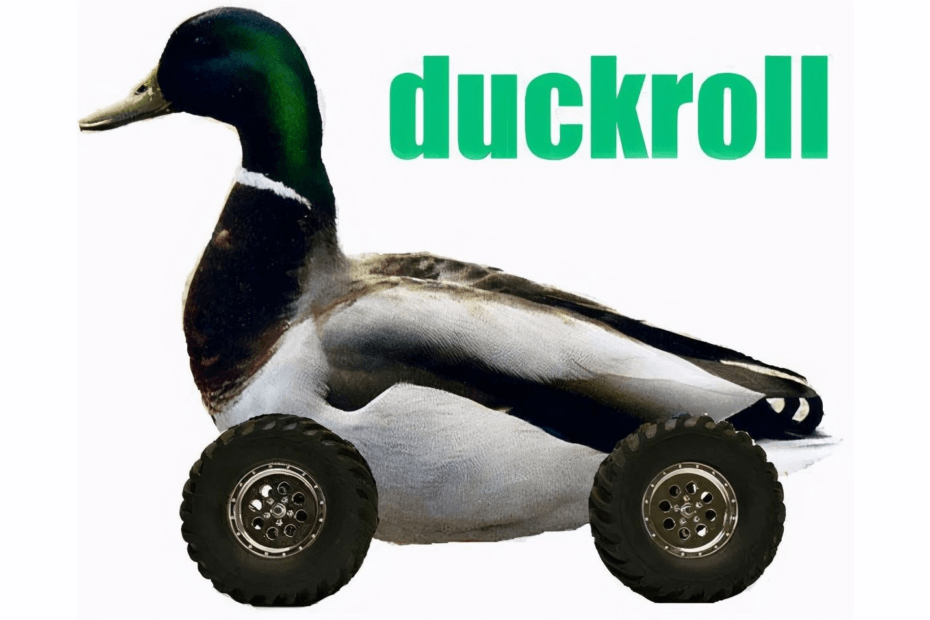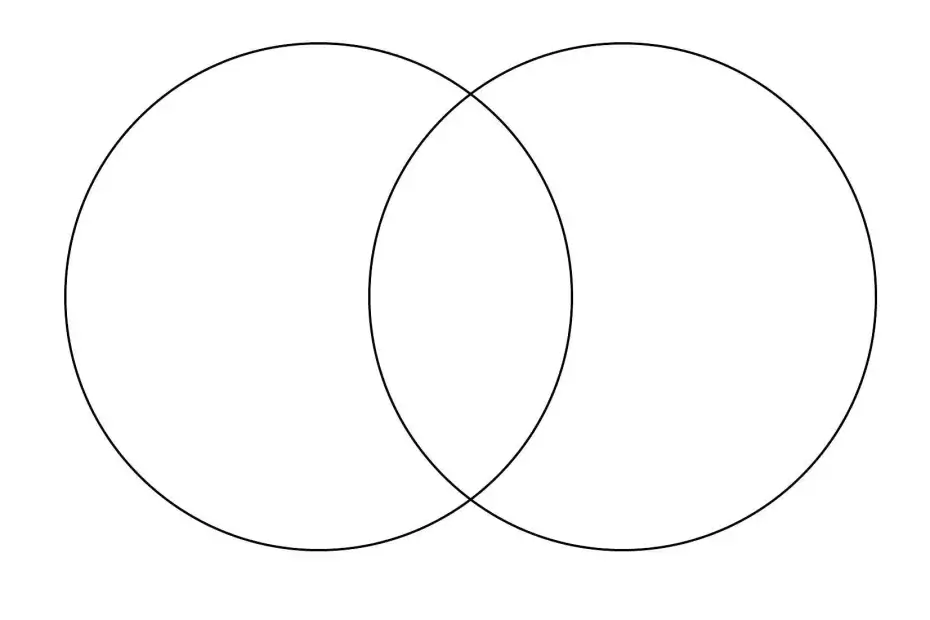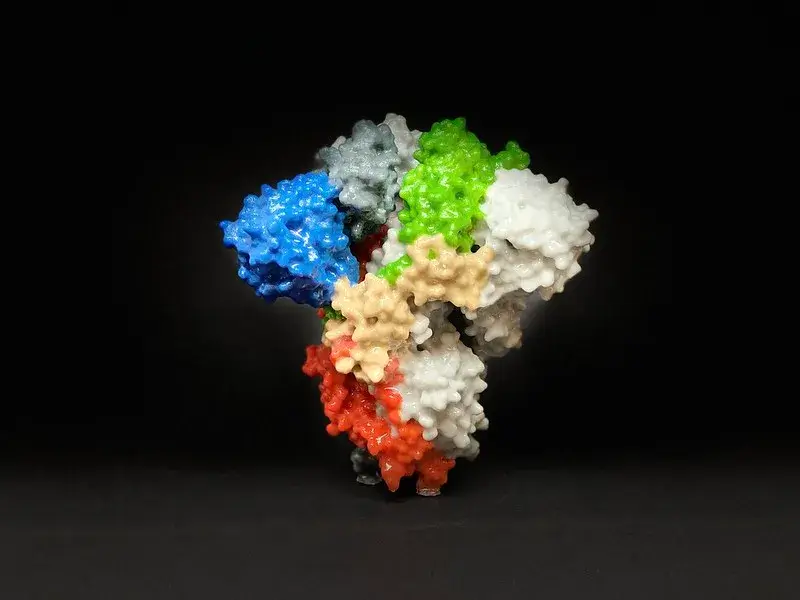Why Don’t Animals Have Wheels?
As children, we learn about the various kinds of simple machines that underly most human constructions. Levers, pulleys and inclined planes all serve to help humans turn force in one direction into motion in another or otherwise make it easier to move objects. The six kinds of simple machines (levers, pulleys, wedges, inclined planes, screws and wheels) were identified and defined in the Renaissance and have formed the basis of more complex machines ever since. Indeed, simple machines are basic enough consequences of physical laws that animals can evolve some of them as parts of their bodies: a carnivore’s teeth are wedges and most of our joints are levers. However, one simple machine in particular stands out as something that, by and large, does not occur in nature—and it reveals some of the limitations of biology.
Why are there no animals with wheels?
Read More »Why Don’t Animals Have Wheels?

